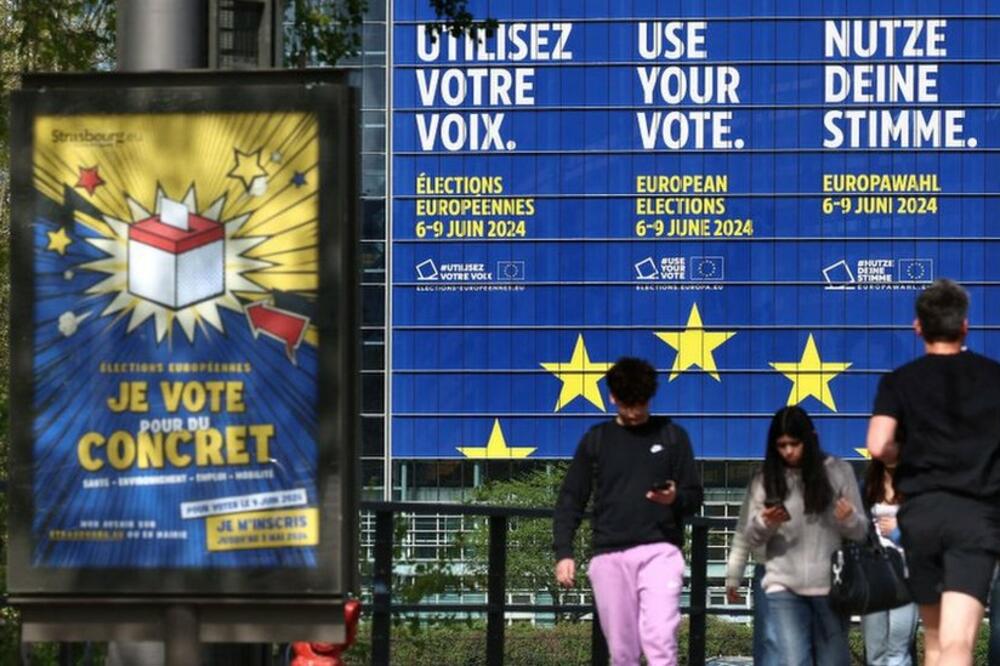Less than two months before residents of 27 countries go to the polls for the European Parliament, Belgian authorities said they were investigating pro-Russian networks trying to influence the outcome of the vote.
Moscow sought to bring more pro-Russian candidates to the European Parliament, said Alexandre de Croix, the Belgian prime minister.
"Less support for Ukraine helps Russia on the battlefield," he added.
The Czech government recently announced that it had dismantled a pro-Russian network.
Intelligence agencies in Prague and Poland claim that Moscow financed the site Voice of Europe in order to spread propaganda and pay certain European politicians.
IzGlassa Europe did not comment on the allegations.
- Caught in the act: Russian propaganda network that paid European politicians busted
- "If you want to defeat Putin, stop being boring," Navalny's widow's message to European parliamentarians
- Putin's influencers profiting from war propaganda
Referring to the Czech Republic's revelations, Prime Minister Alexander de Croix said that Belgian intelligence has confirmed that spy networks operate in this country and several other European countries.
"The investigation showed that Russia approached members of the European Parliament and paid them to promote its propaganda," said De Kru.
He added that the Belgian authorities have launched a court process, but so far the politicians suspected of receiving money have not been named.
In Belgium, there was no cash payment despite the operation of pro-Russian networks in the country, he explained.
A number of far-right politicians in Europe are believed to be sympathetic to Russia.
Czech reports indicate that Voice of Europe paid German, French, Polish, Belgian, Dutch and Hungarian politicians in exchange for pro-Russian comments to influence the outcome of the June 6-9 elections.
Petr Bistron, the candidate of Germany's far-right Alternative for Germany (AfD) party, "vehemently denied" allegations by the Czech media that he received Russian money.
Moscow tried to bring more pro-Russian candidates to the European Parliament, the Belgian leader said, adding that he was in contact with his Czech counterpart and the heads of the European Commission and the European Parliament.
"We cannot allow this kind of danger from Russia in our midst," he said.
He stressed that his country has a responsibility to ensure free and safe voting.
In the capital of Belgium, Brussels, is the executive power of the European Union, i.e. the European Commission, as well as one of the buildings of the European Parliament.
The actions of the pro-Russian network can have a serious impact on the security of the Czech Republic and the European Union, warned Petr Fijala, the Czech Prime Minister.
His government imposed sanctions on the site Voice of Europe, as well as two pro-Russian Ukrainians.
How Putin's supporters make money from war propaganda:
Follow us on Facebook, Twitter, Instagram, YouTube i Viber. If you have a topic proposal for us, contact us at bbcnasrpskom@bbc.co.uk
Bonus video:




